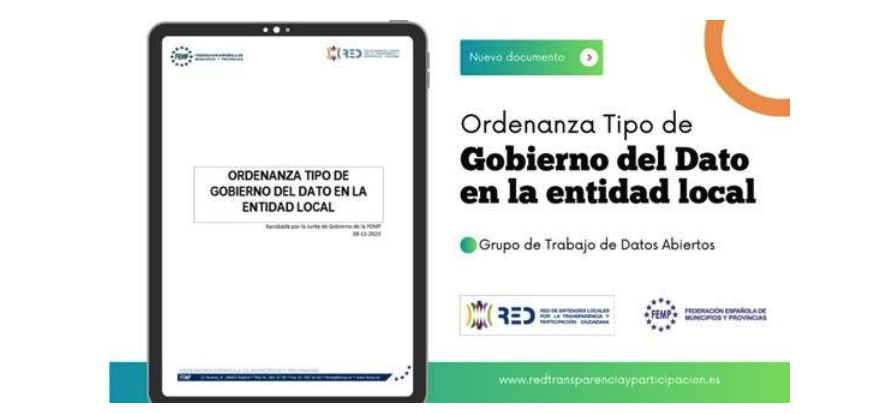Data Governance Revolution in Local Entities according to FEMP Ordinance
Regulatory Framework for Data Governance
The ordinance establishes a flexible regulatory framework, designed to adapt to local entities of various sizes and levels of digital maturity. It aims to ensure effective and ethical data management, promoting transparency, access and reuse of information.
Key Principles and Data Governance
Among its fundamental principles, the ordinance stresses the importance of effective data governance. This implies an organizational commitment at all levels, from the governing body to day-to-day operations, focused on continuous improvement and documentation of the data lifecycle.
The Role of the Data Governance Officer
The figure of the Data Governance Officer is introduced, a central body in charge of promoting a uniform treatment of data throughout the entity. This figure is key to knowing the available data sets and managing their life cycle.
Open Data and Data Spaces
An innovative aspect of the ordinance is the principle of open data by design and by default. This means that the reuse of datasets is actively promoted, with interoperable descriptions and their publication in accessible catalogs such as the National Catalog of Reusable Information.
Promotion of Rights and Data Protection
The ordinance places special emphasis on guaranteeing and enhancing the rights of individuals with respect to their data. This includes access to personal information, rectification, opposition and limitation of the processing of personal data.
The FEMP’s standard data governance ordinance represents a significant advance in the way Spanish local entities approach data management. Focused on governance, quality and transparency, this ordinance not only improves the efficiency of local public administrations, but also strengthens trust and citizen participation in the digital age.

